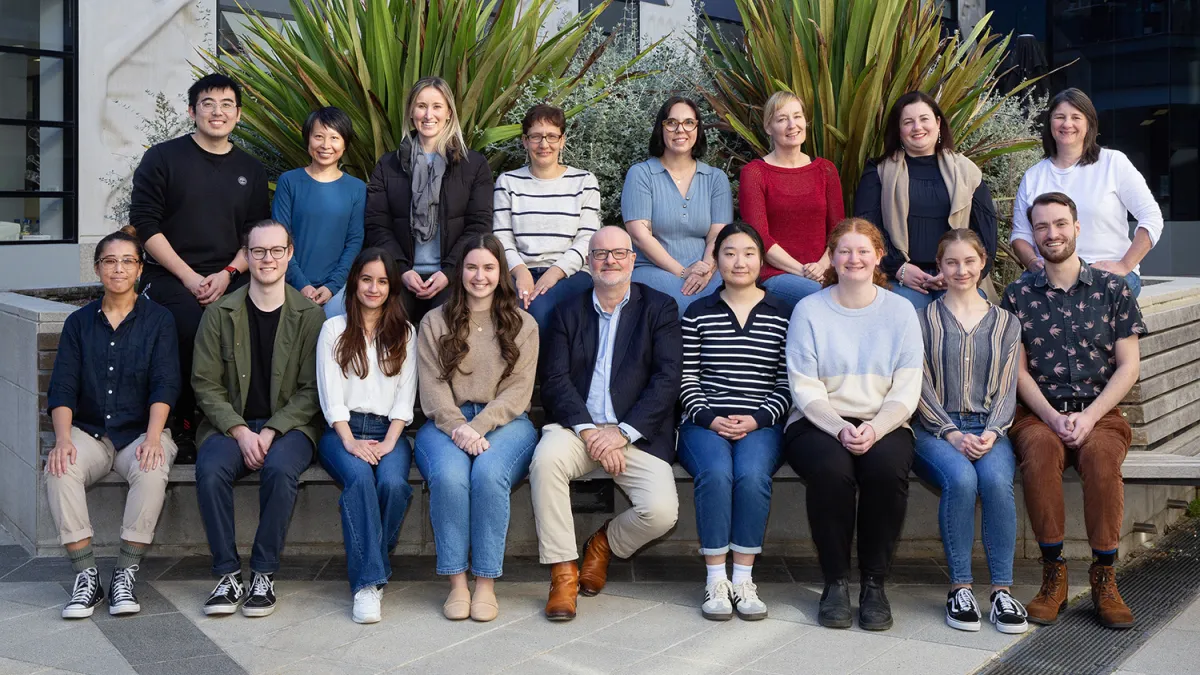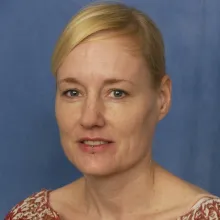The Hannan Group - Cancer Therapeutics
This group focus on targeting the ribosome to treat disease including cancer and bone marrow disorders.
Research themes
About
The Cancer Therapeutics Group, led by Professor Ross Hannan and Senior Research Fellows Dr Nadine Hein and Dr Rita Ferreira, focuses on two areas relating to defects in ribosome biogenesis and disease: molecular analysis of major pro-malignant alteration in ribosome biogenesis operating in cancer cells and defects in ribosome biogenesis that contribute to bone narrow failure.
The availability of ribosomes is a fundamental rate-limiting step for tumour cell proliferation. The Hannan group uses complementary approaches that combine cell biology, genomics, epigenomics, proteomics, biochemistry and in vivo models of disease to understand the processes by which ribosomal RNA gene transcription is regulated by RNA Polymerase I, and how this process is dysregulated during cancer progression. By understanding these fundamental processes, the research group aims to identify key therapeutic nodes to impede the progression of aggressive cancers. Professor Hannan and his group have progressed this fundamental research a step closer to treating patients and changing clinical practice by developing the world’s first selective inhibitor of Pol I transcription that received FDA approval for the treatment of solid tumours with BRCA1/2, PALB2 and other homologous recombination gene mutations. Currently the Hannan group is developing second-generation RNA Polymerase I inhibitors and evaluating their effectiveness in haematological as well as solid cancers with the lead compound PMR-116 commencing a multicentre Phase I clinical trial for the treatment of solid cancers.
Reduced numbers of ribosomes due to defects in ribosome biogeneisis lead to the development of Ribosomopathies, are a group of inherited diseases including Diamond Blackfan Anaemia and Myelodysplastic Syndrome, associated with bone marrow failure. Professor Hannan, in collaboration with Associate Professor Aimee George (Pharmacogenomic Technologies) aim to understand the mechanisms mediating these diseases in order to identify novel approaches for their treatment.
Enquiries are welcome from potential Honours or PhD students. A variety of projects are available within all of the areas of research undertaken by this Group.
Professor Hannan presenting at Life Science Across the Globe (LSAG):
















